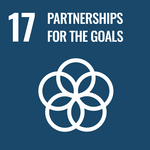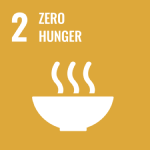Tunisia: Textile and clothing programme Phase II
<p>The Textile and clothing programme Phase II project aims to enhance the competitiveness and sustainability of the textiles and clothing (T&C) sector in Tunisia. By adopting greener practices and adhering to stringent EU regulations, it seeks to preserve jobs and create new, decent employment opportunities through the export of quality, socially, and environmentally conscious products. The initiative will drive the T&C industry towards greater environmental sustainability, circularity, and digitalization, addressing the crucial factors of environmental and social sustainability. In partnership with SECO and Sida, the project will operate on a global level to foster linkages and knowledge sharing, and at a regional level in the MENA countries to promote collaboration and trade. Building on the success of its first phase, Phase 2 will focus on the transformational changes needed for the sector to meet the evolving demands of Western markets for "green" products, thus ensuring the sector's ability to export to key markets like the EU, US, and Japan.</p>





